
With the aim to provide an opportunity to beat away the loneliness and stress faced by UTARians during the Movement Control Order (MCO) period, UTAR Department of Student Affairs of Sungai Long Campus’ Counselling and Guidance Unit (CGU) organised various workshops and activities via Microsoft Teams for its staff and students. It also created a platform for them to meet new friends and share their thoughts and journey during this period.
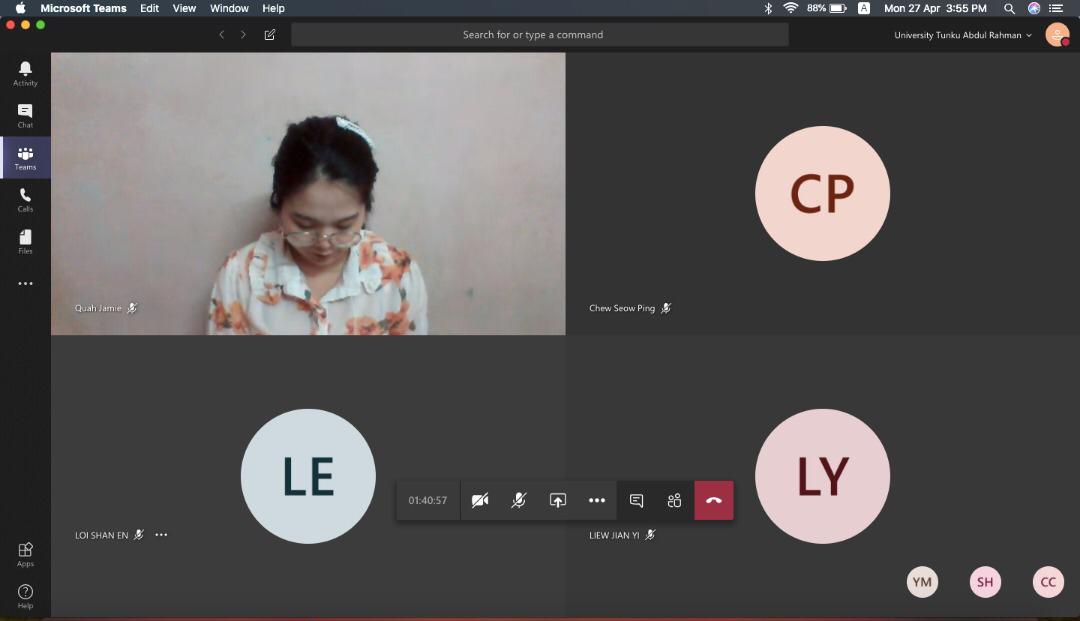
Quah guiding
participants on making 3D Batman origami
An Origami Workshop was organised
on 27 April 2020 to help students occupy their free time and release their
stress by acquiring new knowledge. It aimed to keep them distracted from
their excessive worries and panic during the COVID-19 pandemic. The Origami
Workshop was conducted by Open University Malaysia Alumni Quah Chia Min and
facilitated by CGU Assistant Manager-cum-Counsellor Chew Seow Ping. During
the workshop, the students were taught to make 3D Batman origami using
ordinary papers.
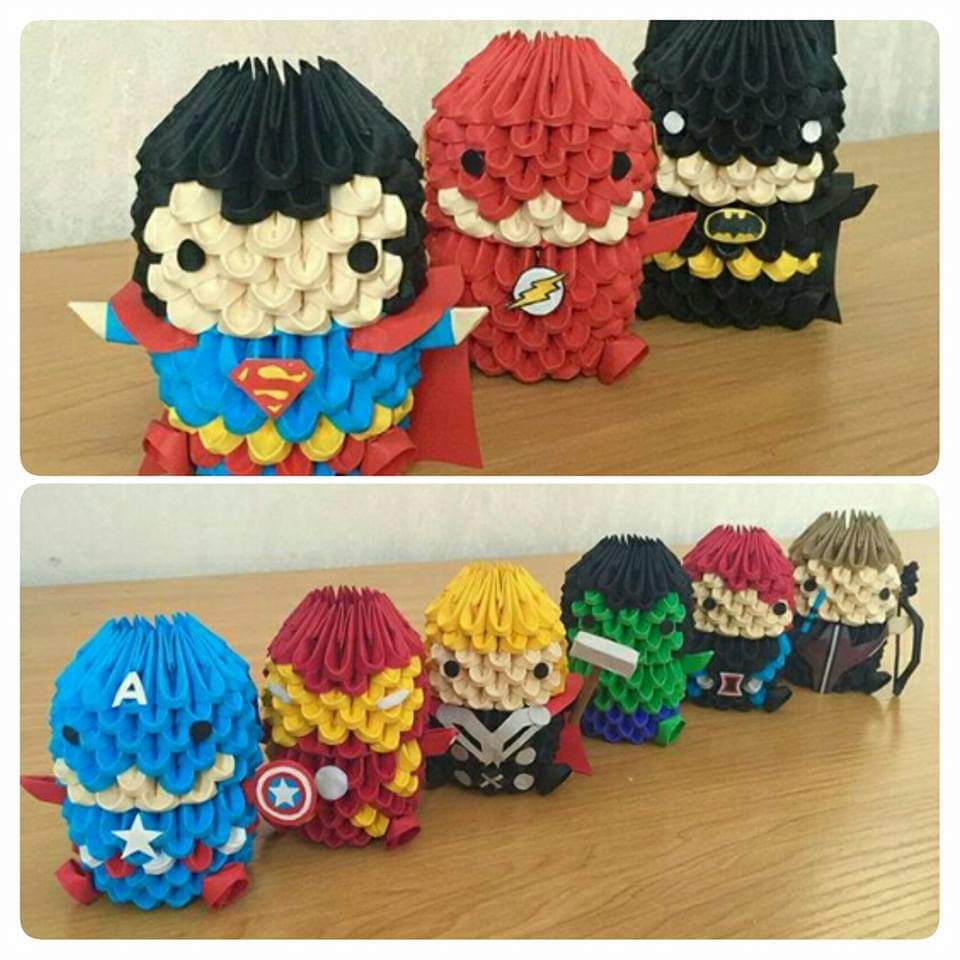
3D Origami
One of the participants Soh Qiau Hui, who is currently pursuing Bachelor of International Business (Hons), Year One Semester Two, said, “I had a fun time joining the Origami workshop. The conductor was very nice and patient. She even followed up with me after the workshop to make sure that I had no problems with it.”
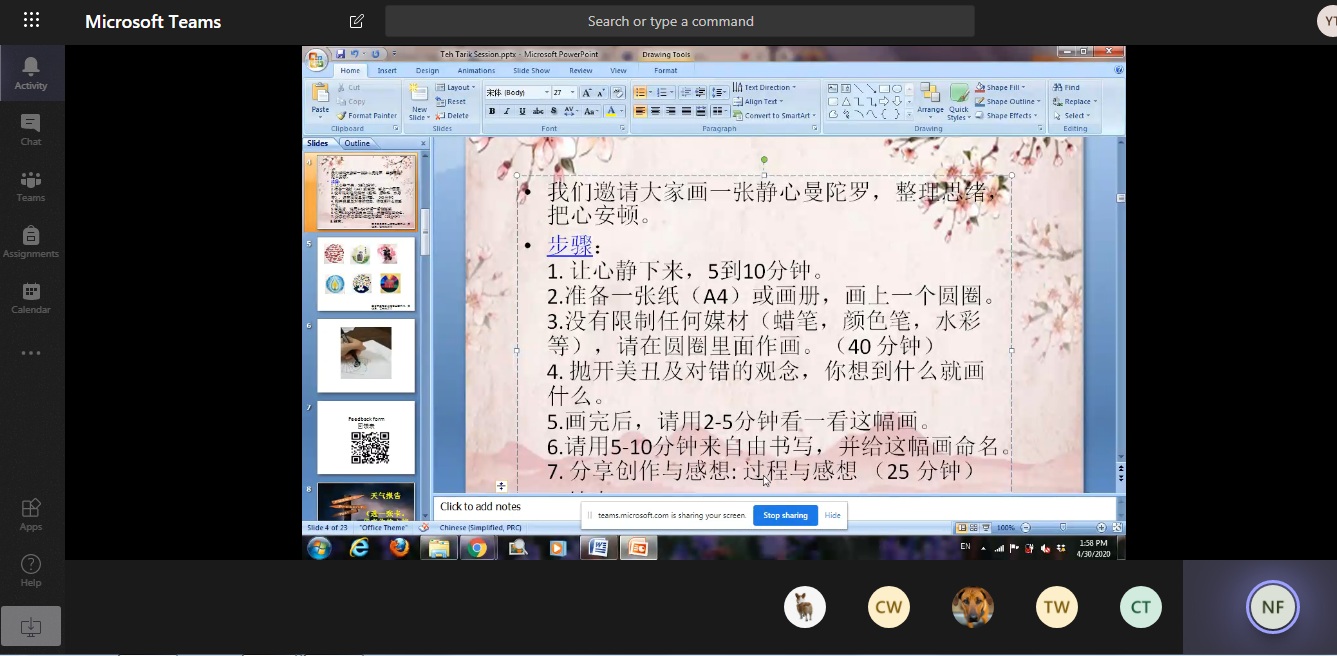
Ng guiding the participants on Mandala art
A “Teh Tarik Session” was organised on 30 April 2020 and 6 May 2020. The session was conducted by CGU Assistant Manager-cum-Counsellor Ng Wan Fern. The sharing session aimed to help participants learn a relaxation technique to manage their stress, explore and be aware of their thoughts and emotions while overcoming the anxiety affected by the uncertain situation. During the sharing session, participants were taught about the Mandala arts. The sharing session served as a platform to form a peer support group, which aimed to help each other overcome the challenges and normalise their anxious feeling of loneliness throughout the MCO period. “It is important that the peer support group is formed with strangers because sometimes we need different ideas and enlightenment from strangers to make us think better. We should always put aside the concepts of beauty and ugly as well as right and wrong so that we do not limit ourselves,” said Ng.
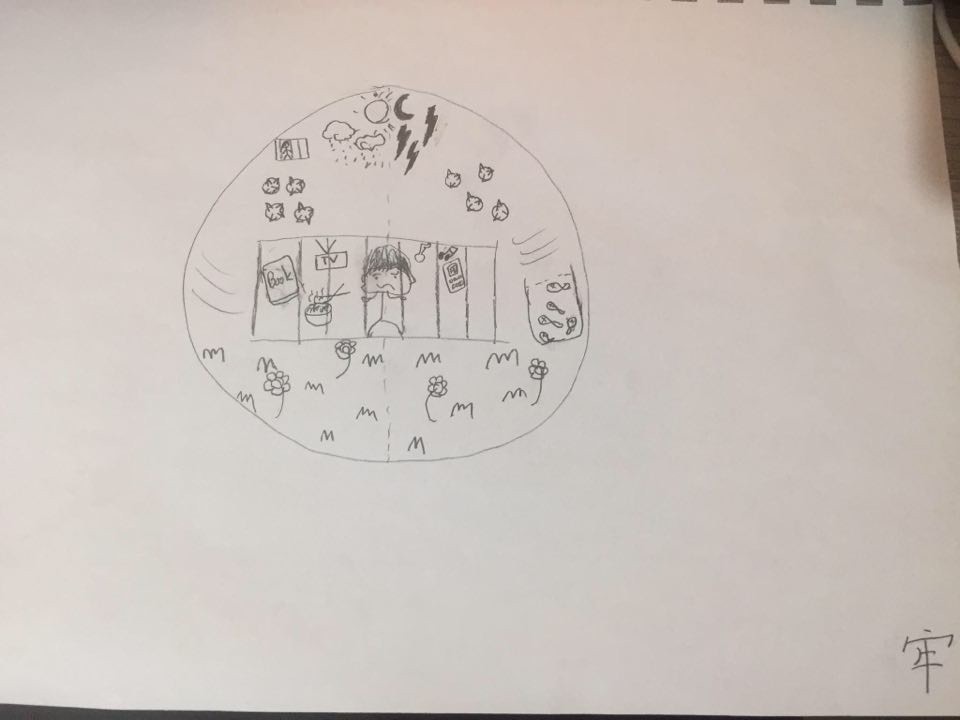
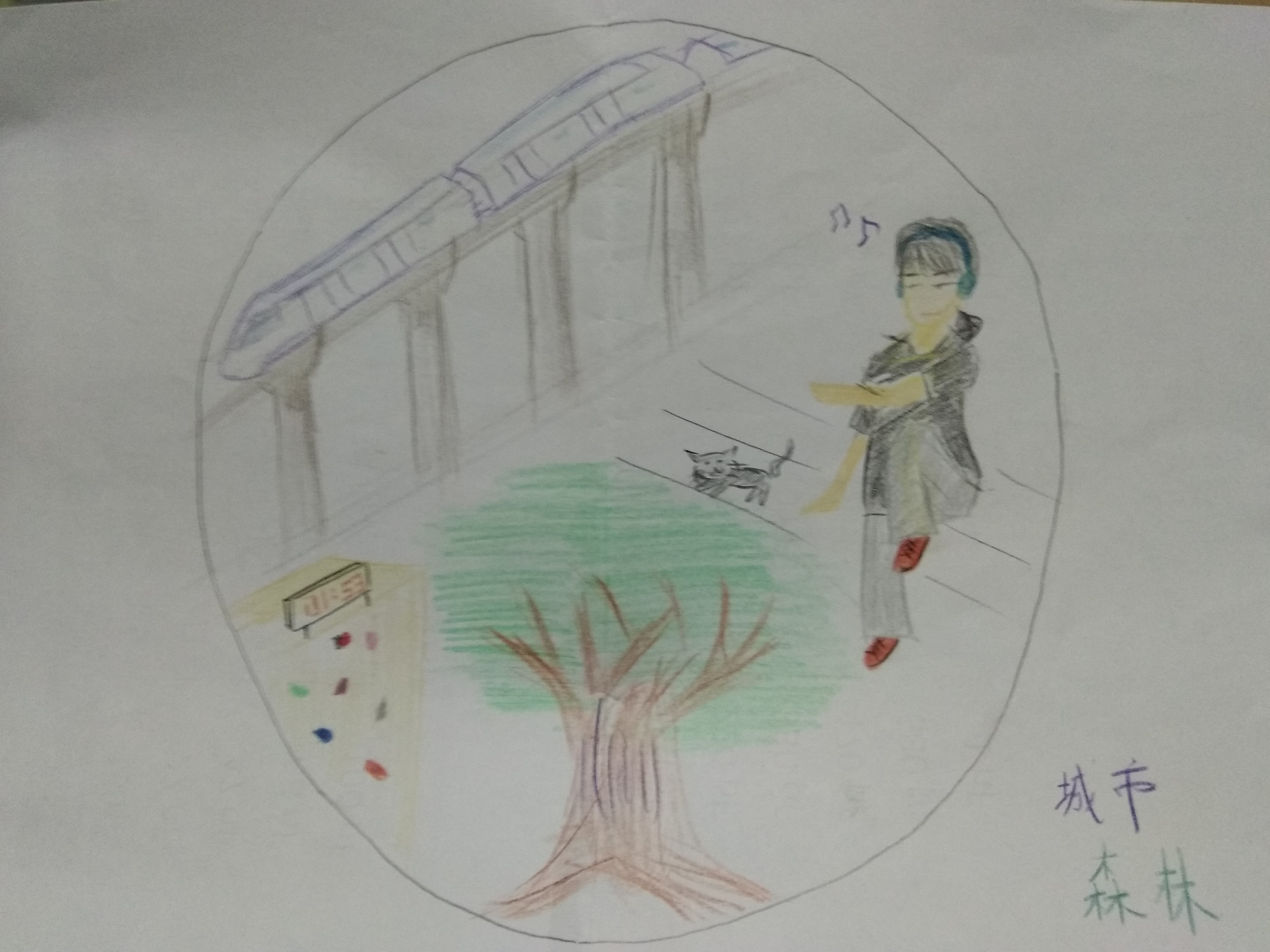
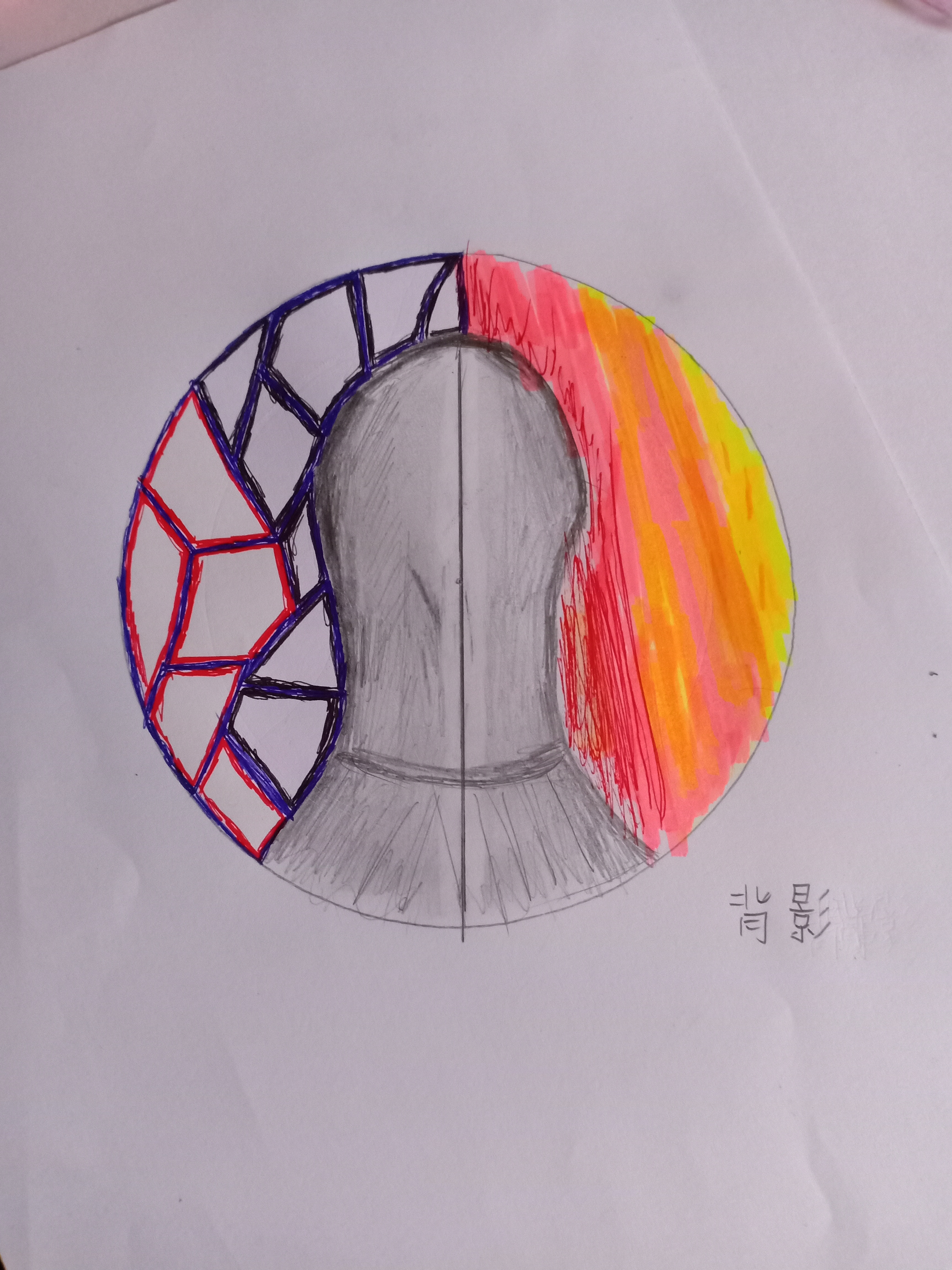
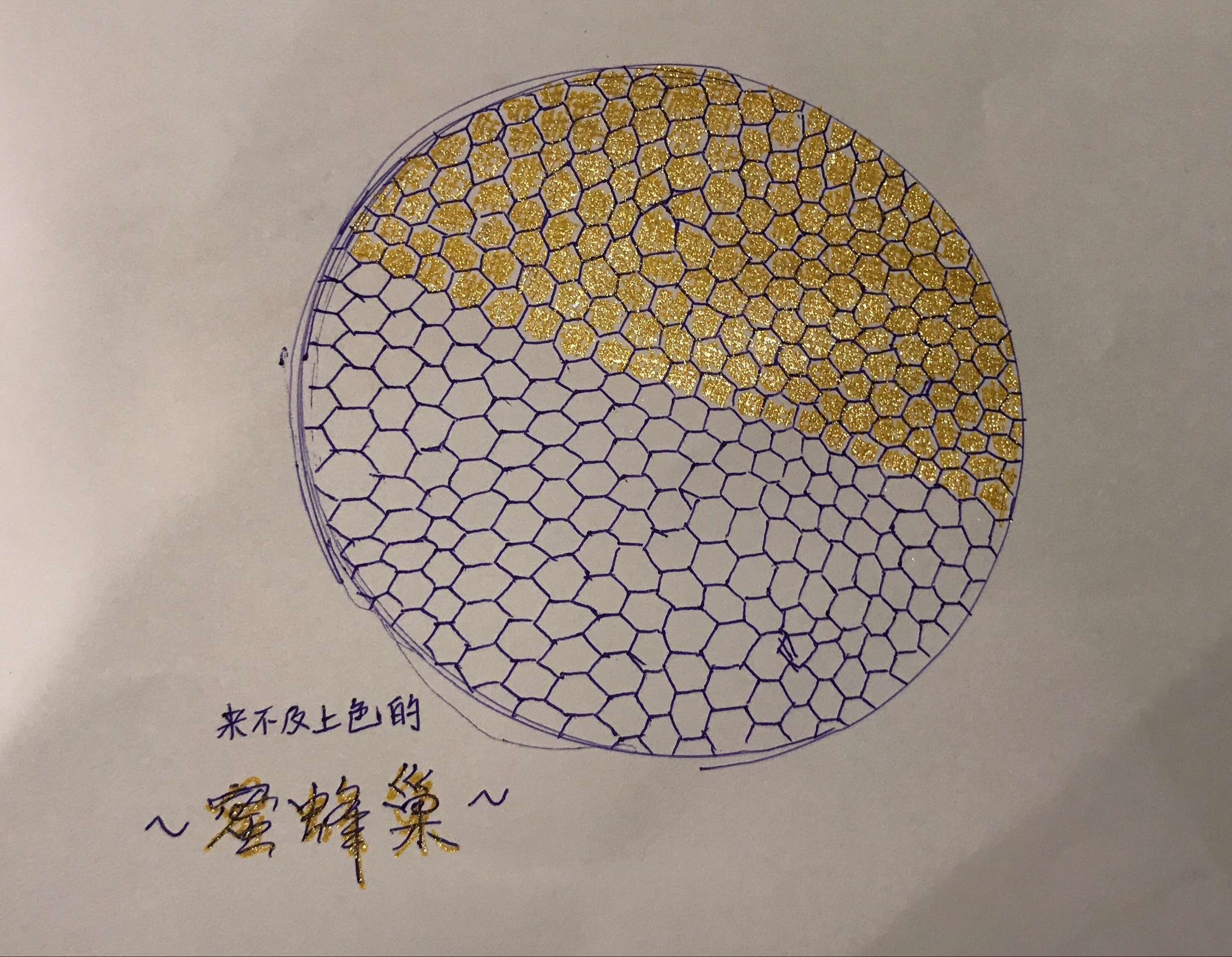
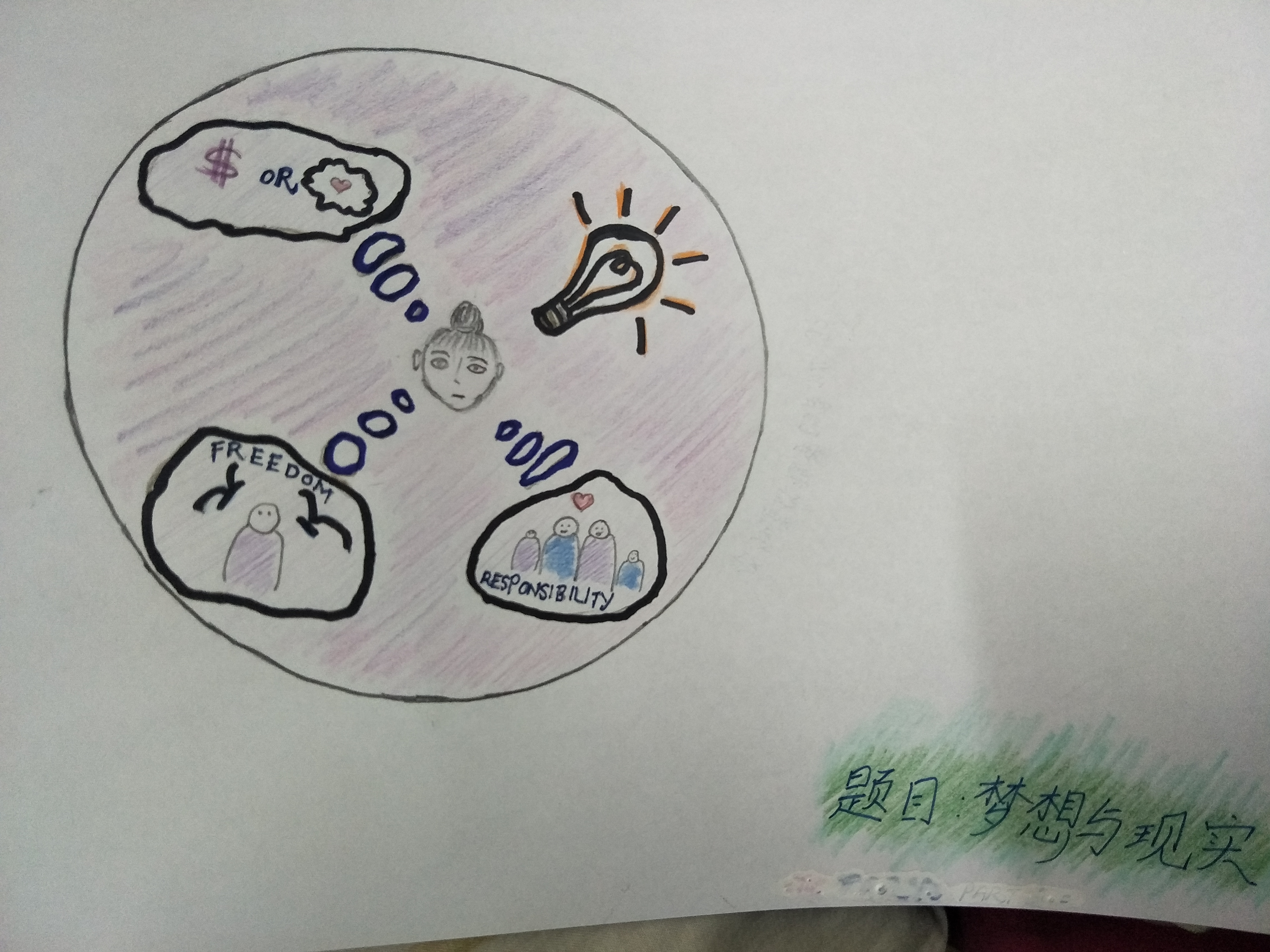
Students’ artwork
on Mandala art
Master of Engineering Science
(Structure A), Year Two Semester Three student, Chuah Chun Wei said, “The
Teh Tarik session was indeed a good platform to chill myself. It gave me an
opportunity to communicate and meet with other students via Microsoft Teams.
In this session, I learned to construct Mandala arts.
It was a peaceful and relaxing session because it allowed us to draw
anything that came out of our mind. Then, we shared with each other our art
creation. During the sharing session, I was surprised by the hidden artists
existing among us. I am glad that I had joined that session because I
learned that sometimes an opinion or a statement received from a “stranger”
can actually inspire us a lot.”
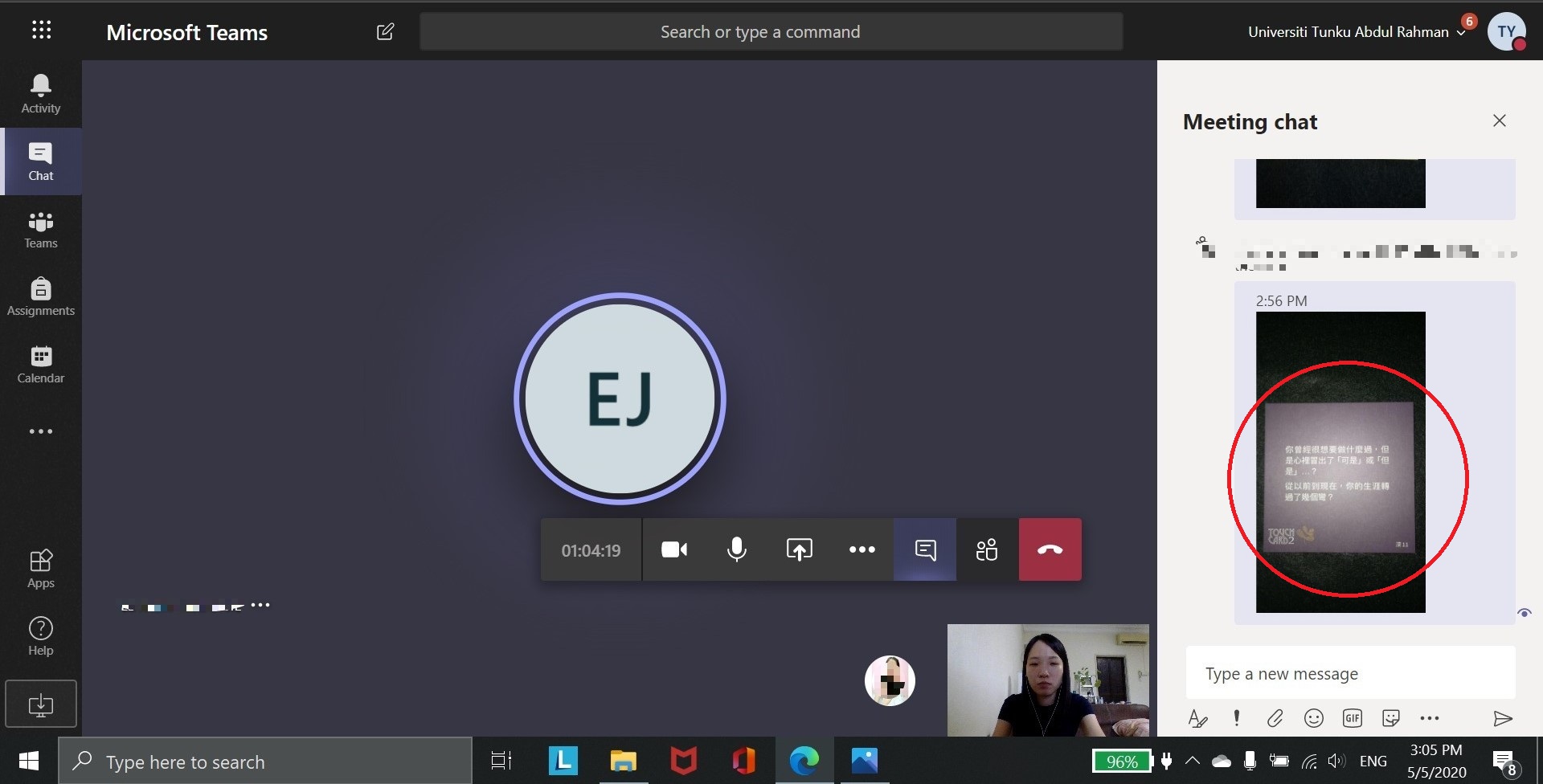
Tan using Touch
Card (right, circled in red) to interact with participants
A “Sharing Session with Counsellor
2” was conducted by CGU Senior Assistant Manager-cum-Counsellor Tan Chin Yee
on 5 May 2020. Throughout the session, participants were required to share
their thoughts and feelings which enabled them to explore and discuss
further of their career and relationships. It also provided a chance for
them to enhance their interpersonal and communication skills. During the
session, Touch Card was used to help participants explore their career
values and experiences. At the end of the session, they were asked to write
their dreams and hopes in an origami paper and they were guided to fold the
paper in a shape resembling love. The participants shared that they felt
much better after the sharing session because they were able to share their
stress and personal issues. Moreover, throughout the session, they got to
know more about themselves and they learned how to practice loving oneself
and others. They also learned to manage their Emotional intelligence (EQ).
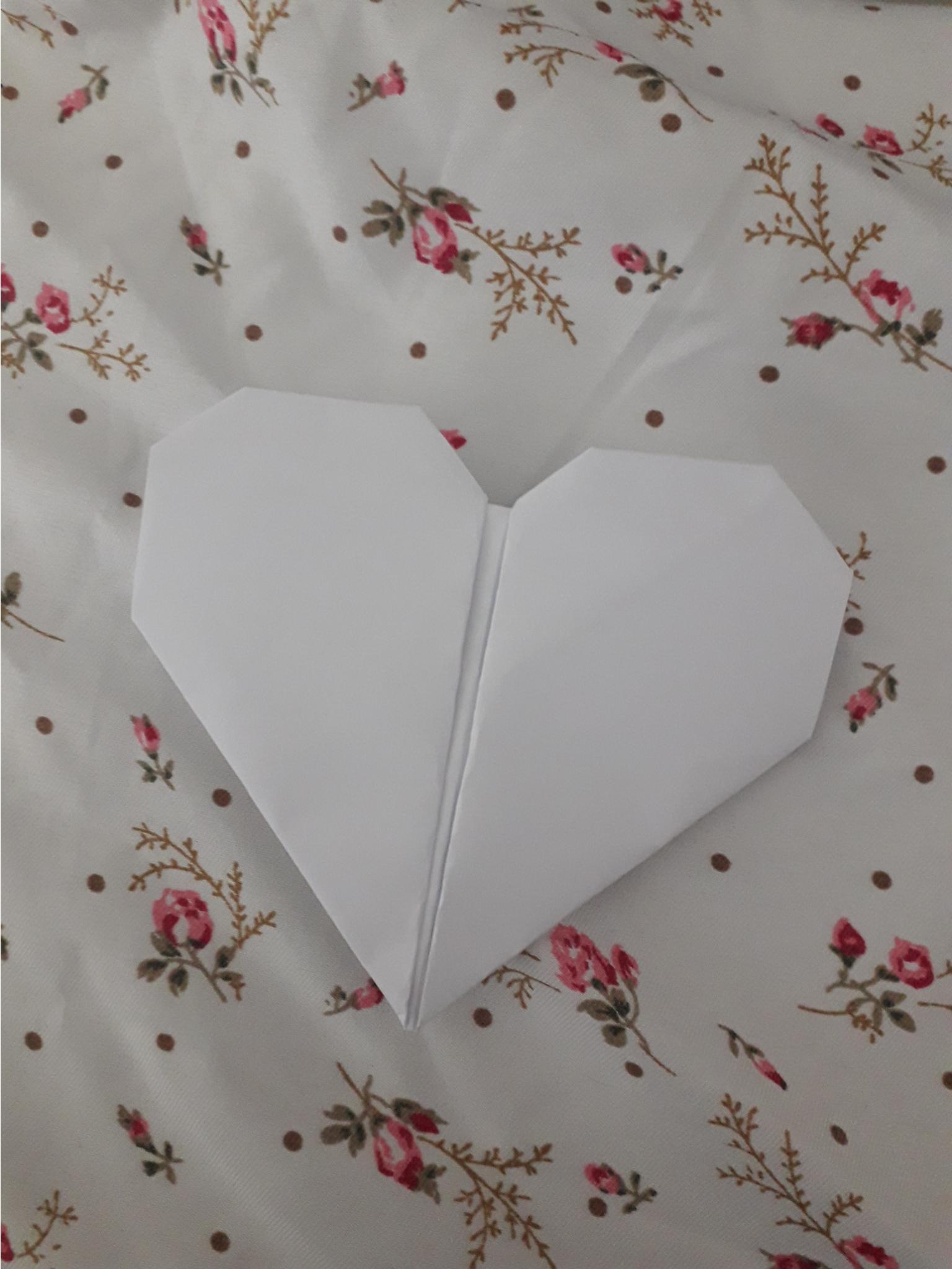
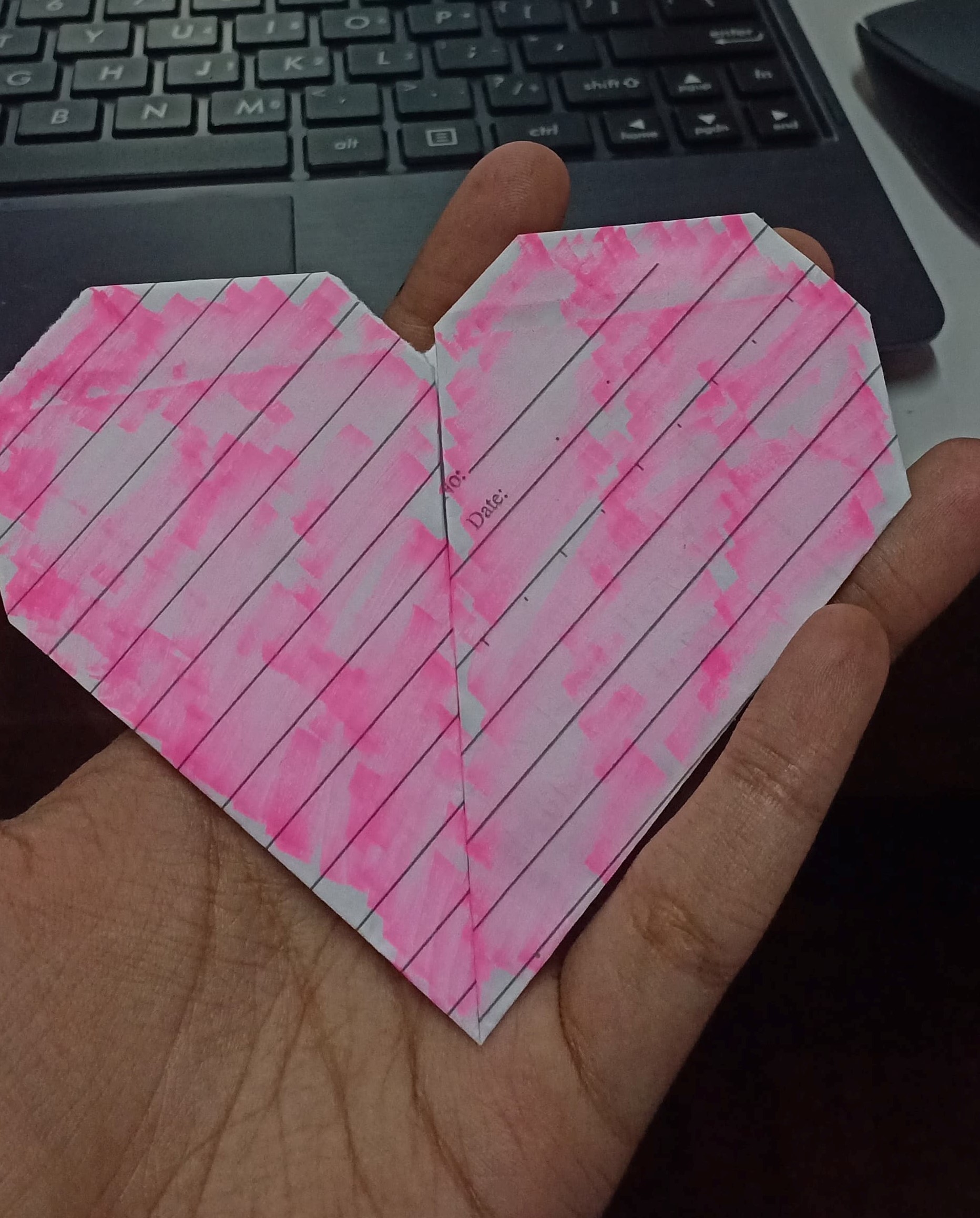
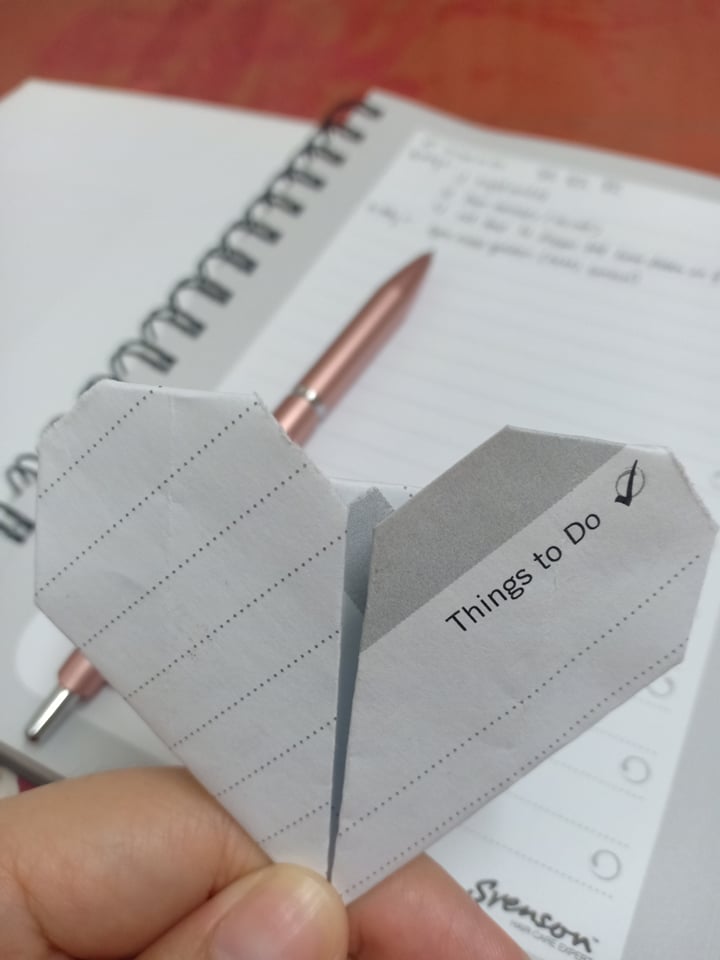
The love-shaped origami contain the dreams and hopes of participants
On top of that, a relaxation
workshop titled “Let's Learn Stress Management through Self- Hypnosis” was
organised on 7 May 2020. It was conducted by Dinese Yoong Seok Yee, a member
of the Malaysian Society of Clinical Hypnosis (MSCH) and the British Society
of Clinical Hypnosis (BSCH). She will soon be attaining her Specialist
Certificate in Clinical Hypnotherapy this year. The workshop was facilitated
by CGU Senior Assistant Manager-cum-Counsellor Navamani Nagappon. The
workshop aimed to help participants learn relaxation technique to manage
their stress and boost their self-confidence.
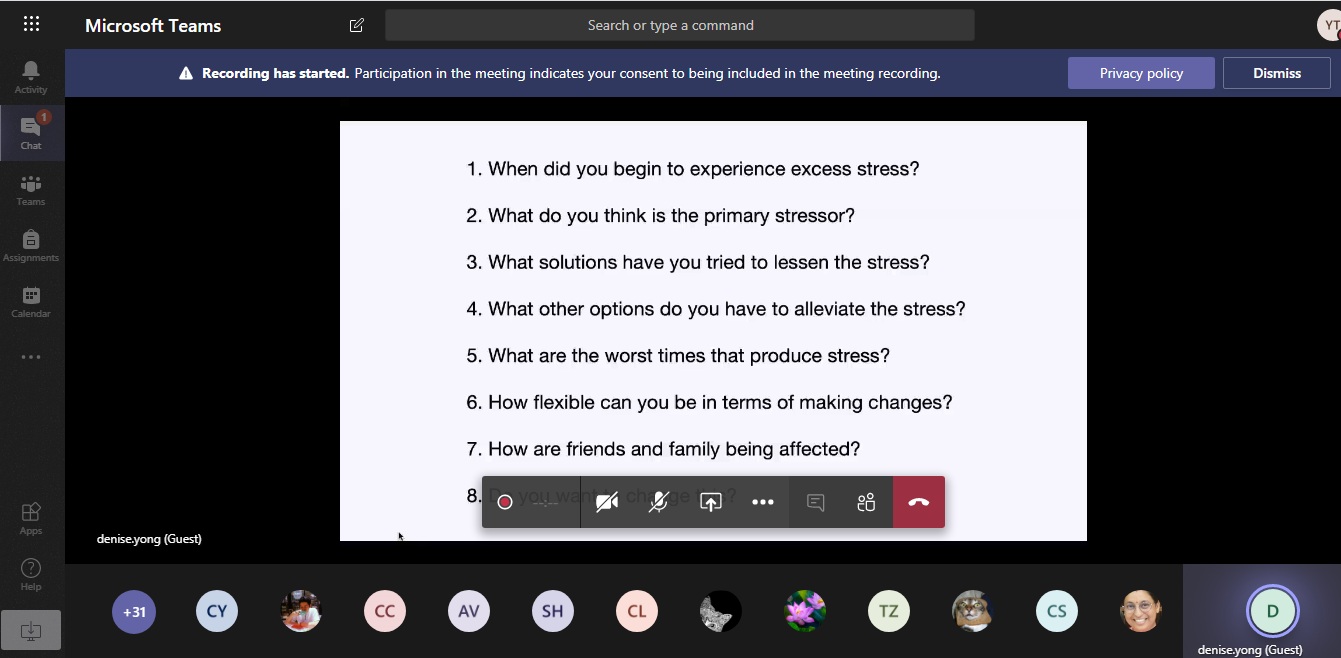
Some of the
questions posed by Dinese Yoong
During the workshop, Dinese Yoong
explained the definition and the key to hypnosis, “The secret key to
hypnosis is suggestibility. If a person is suggestible, willing and agrees
to go through the whole process, that person can be hypnotised. If a person
from the beginning does not believe in hypnotism, nothing can be done. This
is the same theory as to whether the person believes in himself or not.”
She then continued, “Self-hypnosis
is a technique which we may use to focus our attention inwardly to attain
our desired goals. We do this by injecting positive suggestions directly
into our subconscious mind. Scientifically, it means bypassing our conscious
mind because we are always conscious and we are always not relaxed. We need
to learn to communicate with our subconscious mind to create positive
changes in attitude and behaviour, or train ourselves to have a more relax
and positive outlook, so that we can feel less stress and we are more in
control of ourselves. Normally, we feel stress because the situation is out
of our control. Thus, we get panic and depress.”
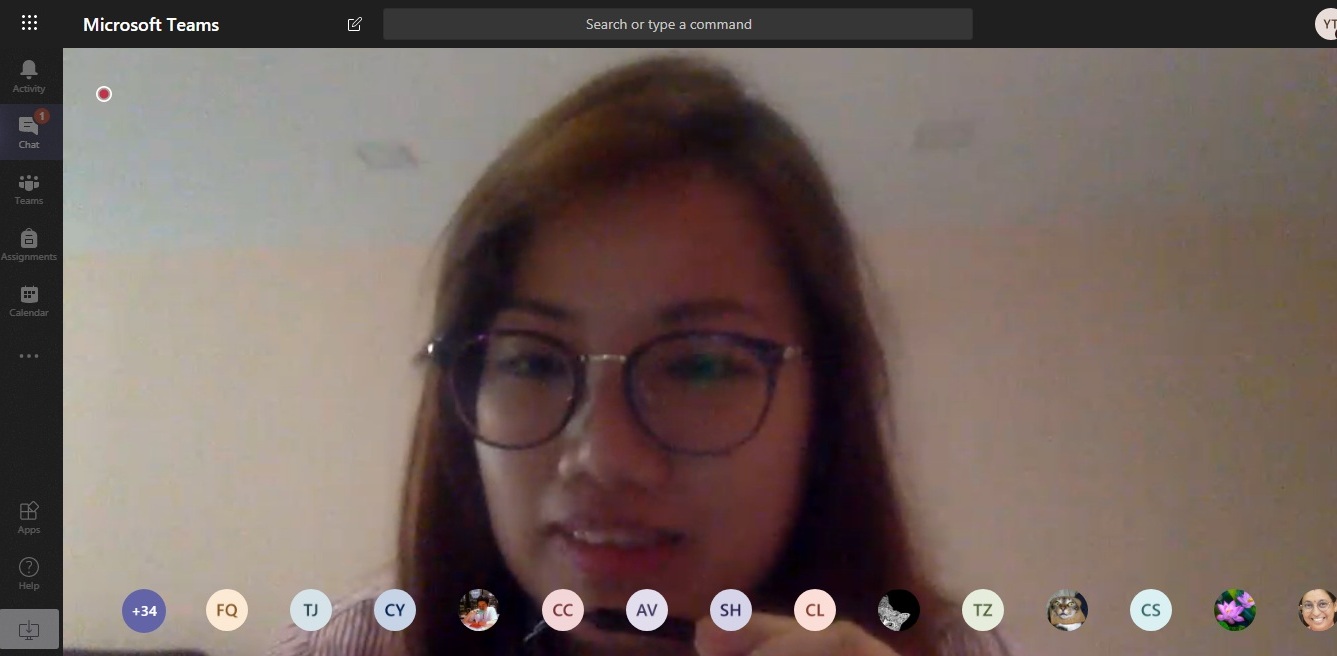
Dinese Yoong
answering the enquiries from participants
“There are five basic stages of
self-hypnosis. The first stage is relaxation; we learn to relax by
breathing, by being aware of where we are, how we sit and position, which
muscle to relax and what to do. The second stage is known as deepener; we go
a few levels deeper into relaxation. The third one is the perception shift,
where we would actually take time and rethink. This is to be done with the
assistance of a therapist. The fourth stage is suggestions. An example of
suggestion for a smoker would be ‘whenever I pick up the cigarette, I would
feel disgusted’. The fifth stage is called the awakening,” said Dinese
Yoong. Meanwhile, she also shared ten easy steps to self-hypnosis before
moving to the hypnosis session. The workshop then ended with an interactive
Q&A session.
Meanwhile, a “Leonard Personality
Inventory (Self-exploration)” session was conducted by Chew from 27 April
2020 to 12 May 2020. The session allowed students to share and discuss their
personality and self-management which aimed to help students better
understand themselves. By doing so, they learned to manage their time and
arrange their activity to regulate themselves during the MCO period. It also
helped to distract themselves from excessive worries during COVID-19
pandemic.
Last but not least, an “Expressive
Arts (Using Zentangle and Mandala Arts)” was conducted on 12 May 2020 by
Tan. The activity aimed to promote fun and relaxation using arts. The
participants were guided in drawing their own artwork with the combination
of basic lines and patterns. It also helped to improve the participants’
creativity and concentration.
When asked, Ng said, “In order to
control the COVID-19 outbreak in Malaysia, the MCO was implemented on 18
March 2020. Students were one of the affected groups. They had to deal with
the challenges of attending e-Learning classes and complete their final
assessments online. Some students, due to the slow speed of the internet,
worry that the technical issue might affect their academic progress or
performance, and even their industrial placement or internship’s progress.
On top of that, the spread of misleading or fake news had become another
factor causing them to stress as well. Hence, in my opinion, the best way to
overcome their panic or stress is to always stay connected with their family
members and friends. They may also learn to practise relaxation techniques
and breathing techniques. Always do a regular exercise and set up a routine
for practice for the next few days. It is also important for a person to
discover new hobbies and acquire new skills during this period. Do practise
gratitude!”
![]()
![]()
Wholly owned by UTAR Education Foundation Co. No. 578227-M LEGAL STATEMENT TERM OF USAGE PRIVACY NOTICE